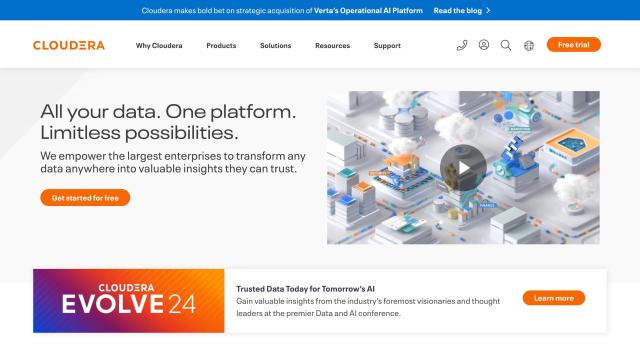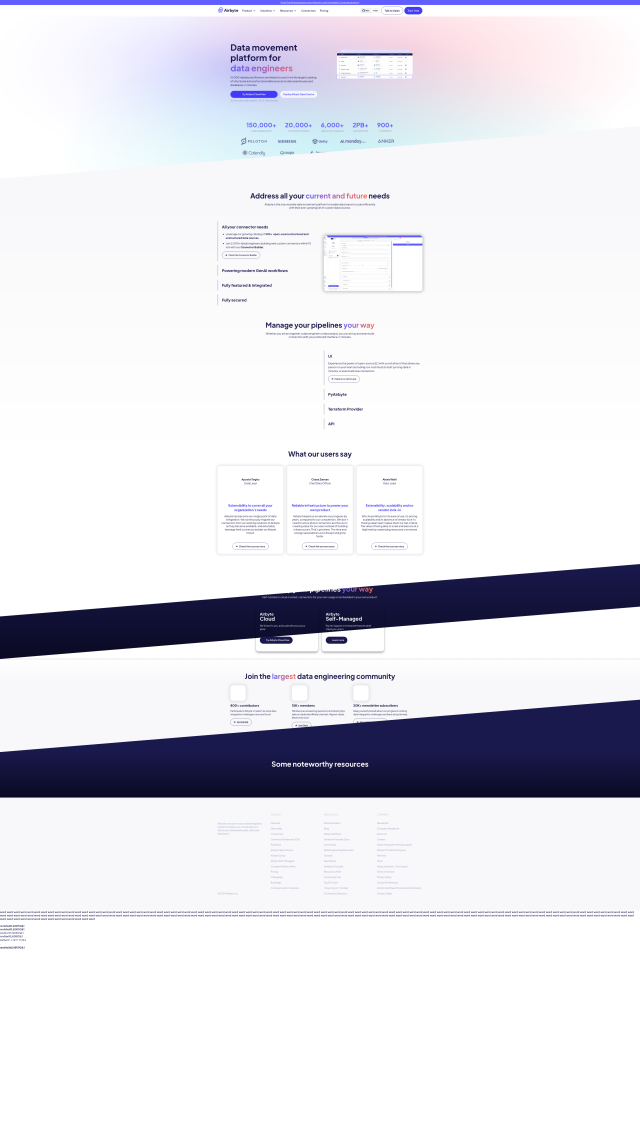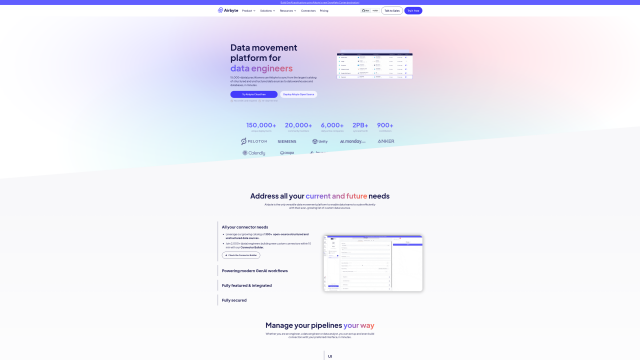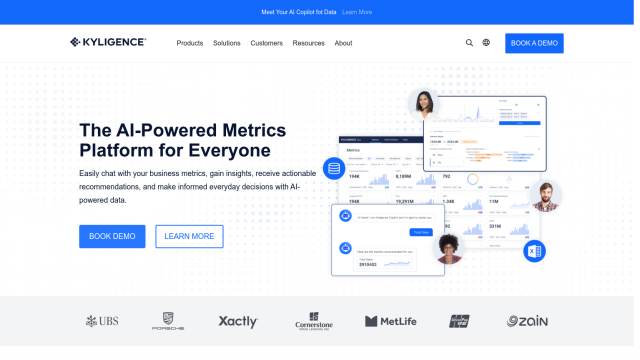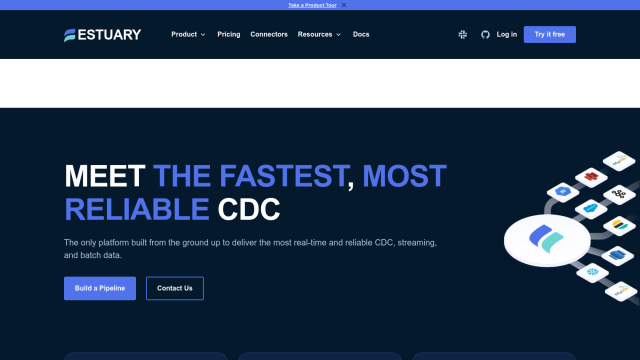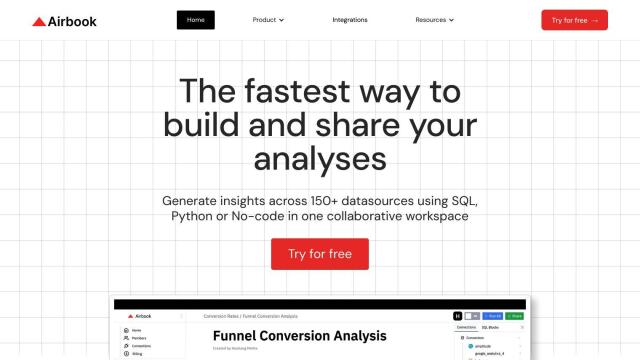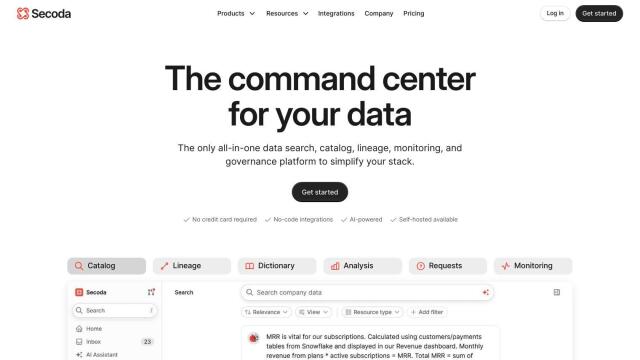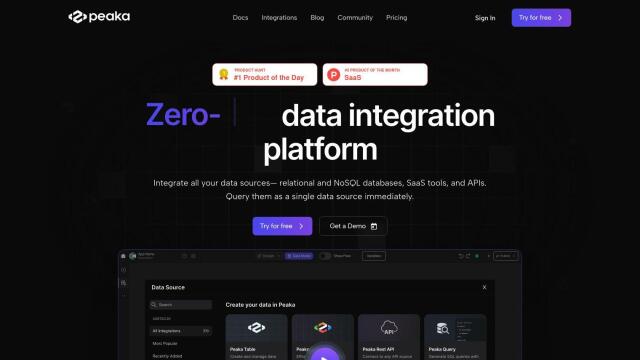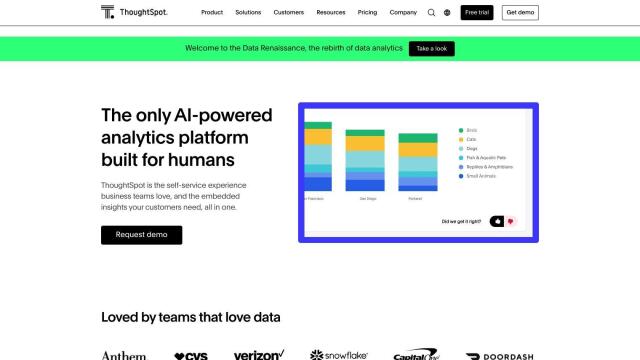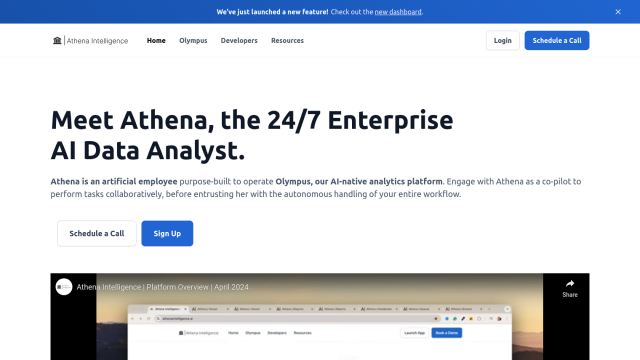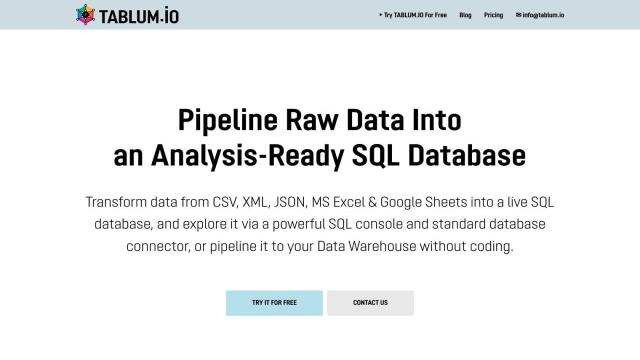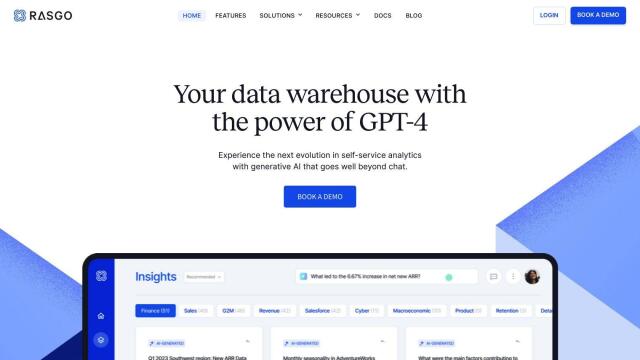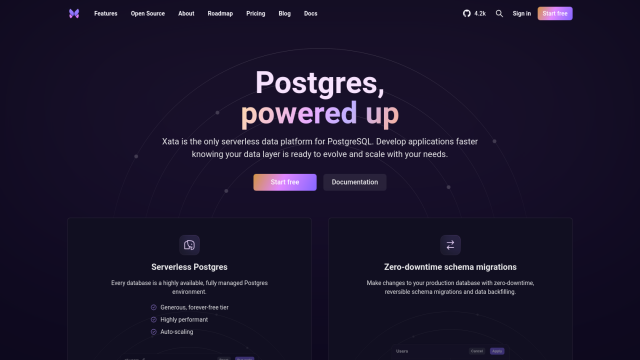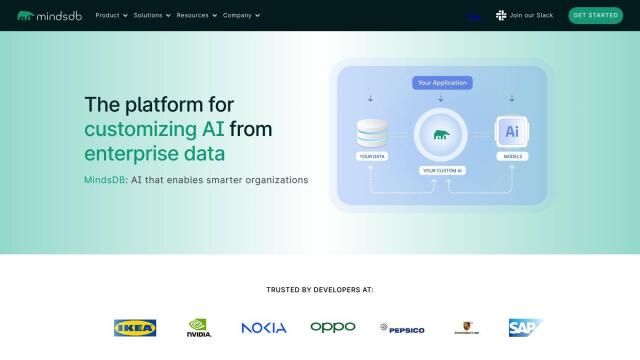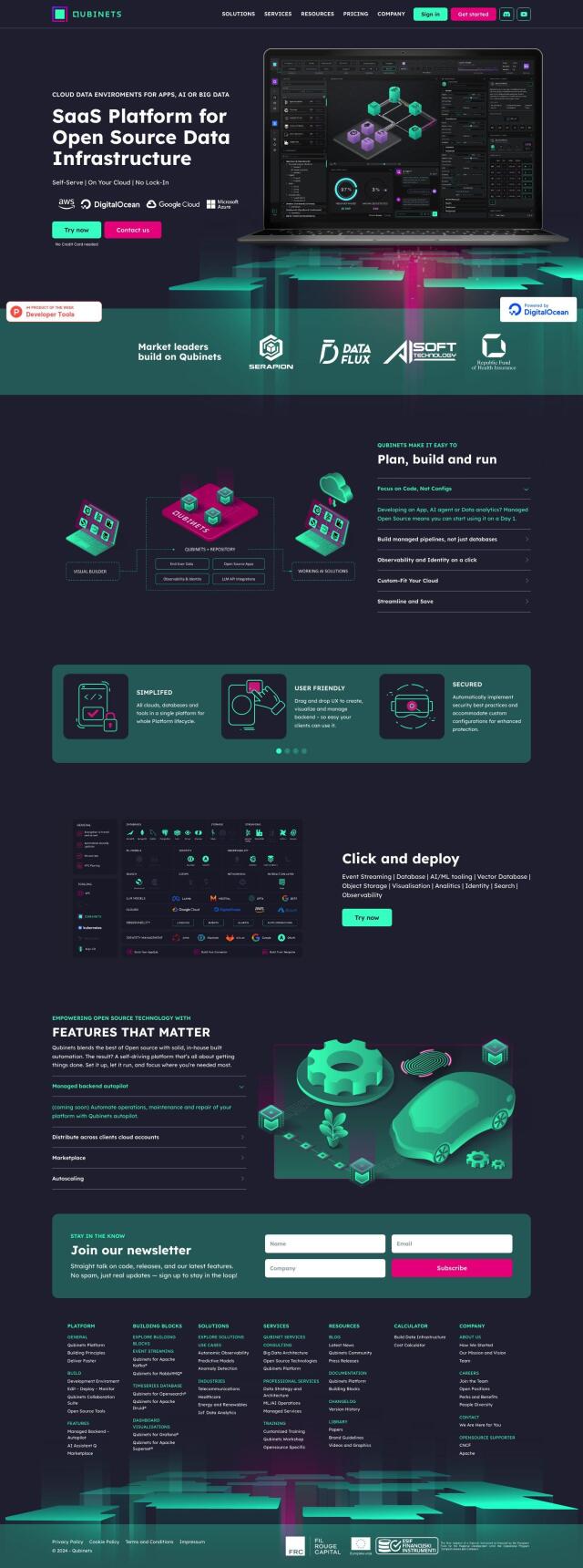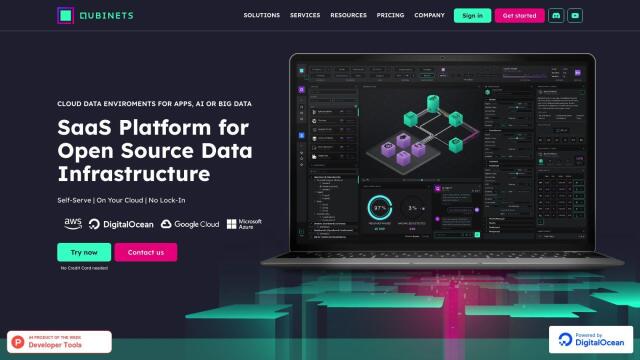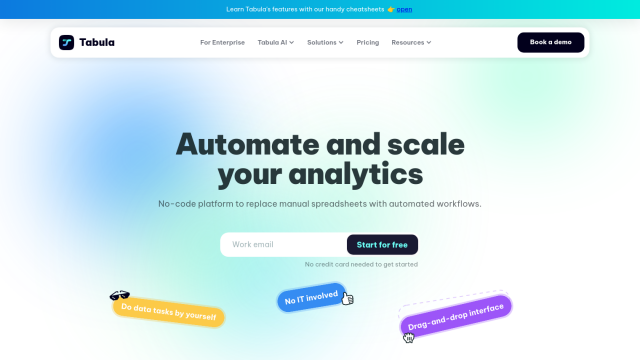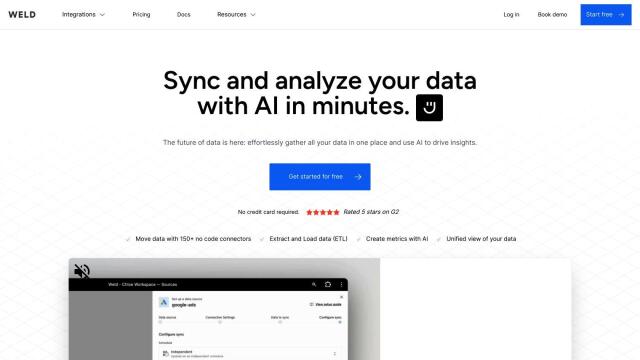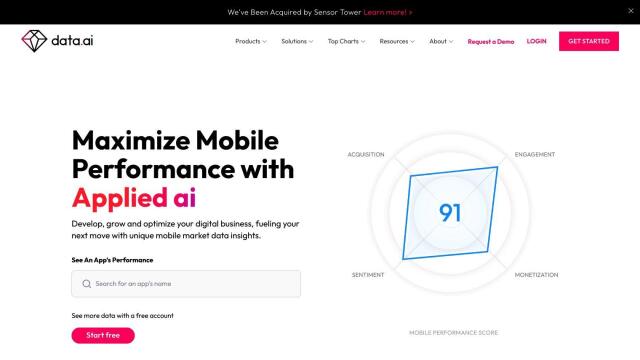Question: I need a scalable data warehouse that can handle large amounts of data from various sources, do you know of any?

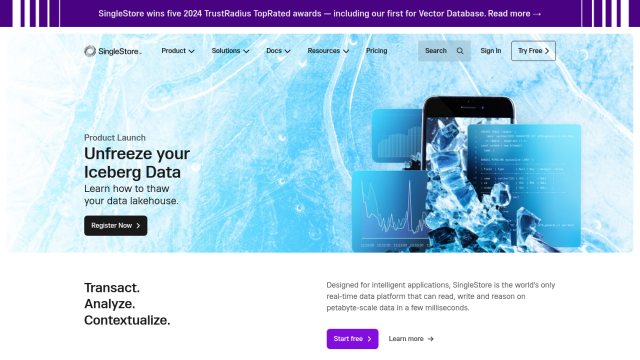
SingleStore
If you need a data warehouse that scales to accommodate lots of data from many sources, SingleStore is a good choice. It can process data in real time, ingest high-throughput streams of data and accommodate multiple data models. SingleStore is a hybrid of columnstore and rowstore databases, which means it can perform well for tasks like generative AI and real-time analytics. It also has a cloud-based incarnation, SingleStore Helios, with features like elastic scaling and high availability, so it's a good choice for big data needs.

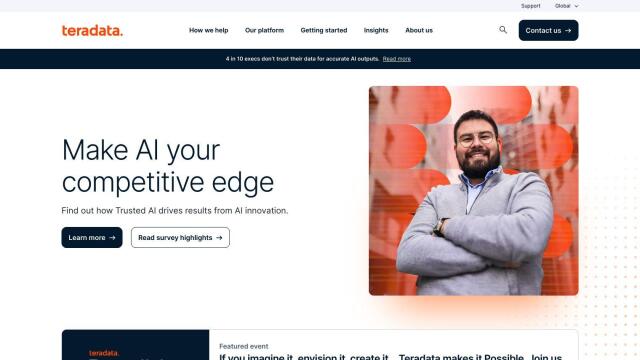
Teradata
Another good option is Teradata, which offers a unified cloud analytics and data platform. Teradata VantageCloud can handle a variety of workloads, including AI/ML, lakehouses, data lakes and data warehouses. It has a flexible, pay-by-use pricing model, and it's integrated with major cloud companies for easy scaling. The platform is designed to accelerate innovation and help businesses make data-driven decisions, and it's a good option for companies trying to squeeze more out of their resources and shorten their time to value.

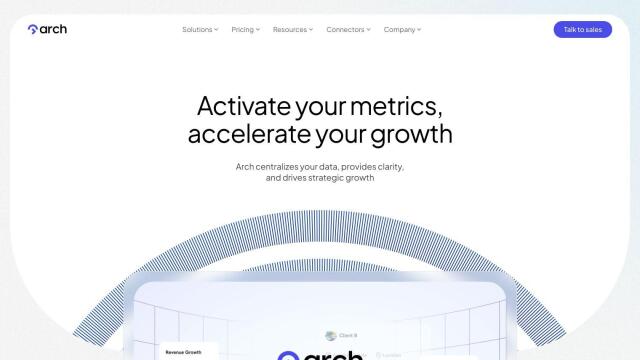
Arch
If you want to simplify operations and speed up decision-making, Arch is an end-to-end data platform. It offers SQL and API access, a semantic layer for unified data modeling, and customizable templates for data ingestion and table definitions. Arch's multi-tenant data warehouse built on Hydra and auto-provisioning for ELT orchestration can help consolidate data from multiple systems, providing a unified view of key metrics.

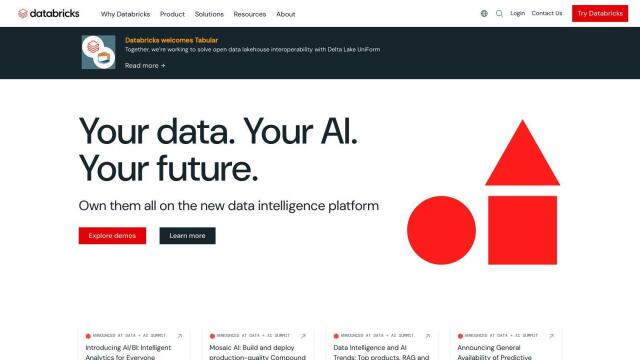
Databricks
Last, Databricks is a data intelligence platform that marries generative AI to unite data, analytics and governance. It supports a broad range of tools and integrations, including ETL, data ingestion, business intelligence, AI and governance, all built on lakehouse architecture. The platform is designed to democratize insights with natural language and has operations that are more cost effective, making it a good option for a variety of users who want to build and deploy AI applications directly on their own data.

